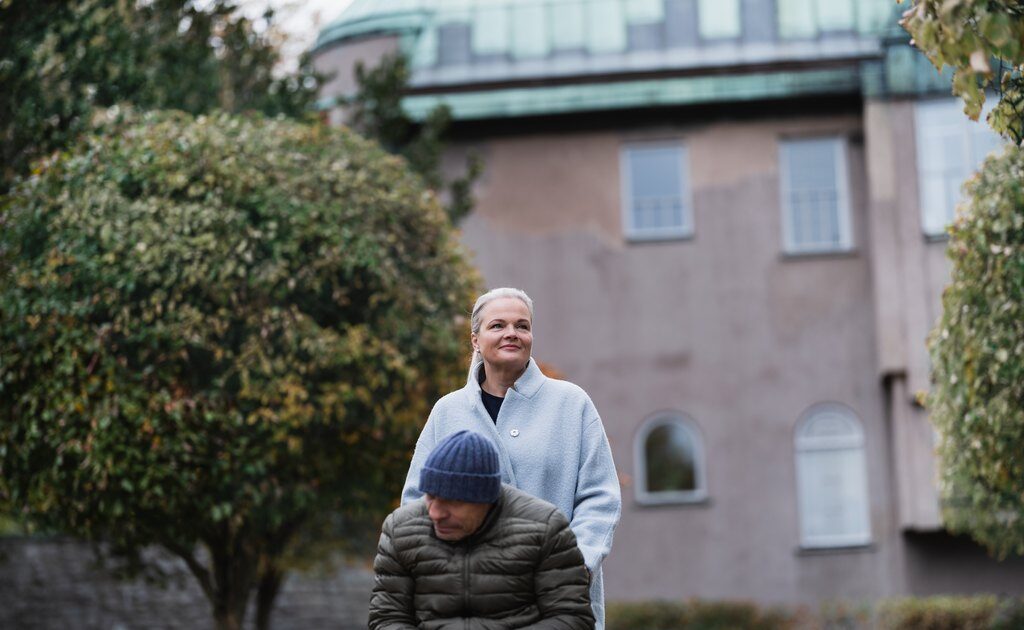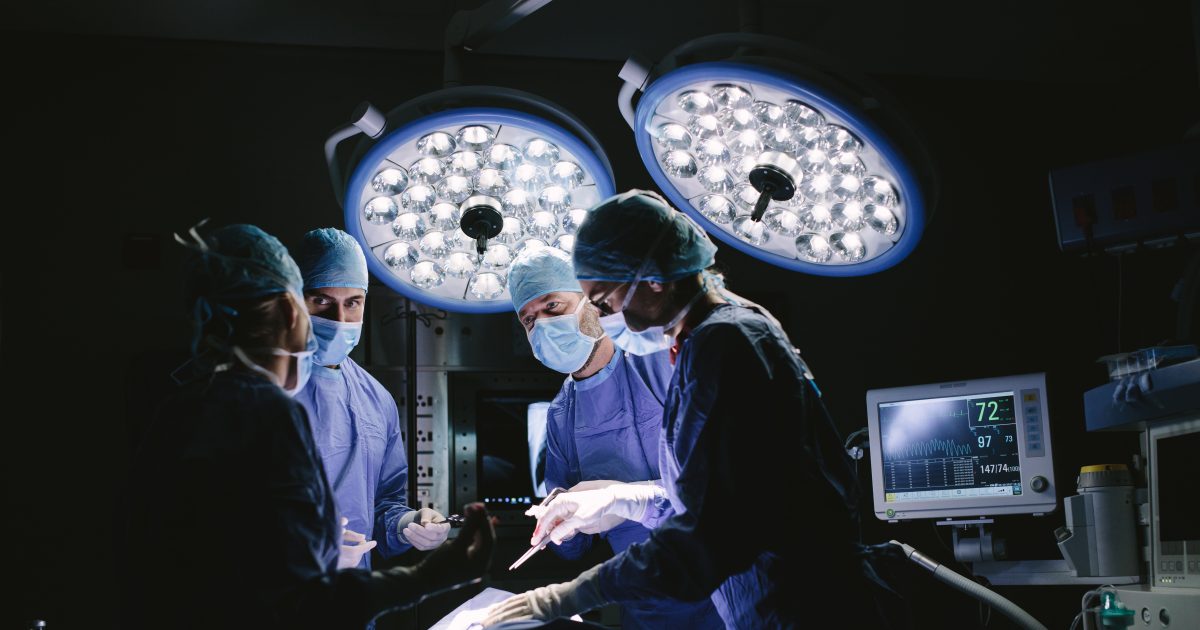Political activist with a big heart. I am married, a mother of five children and a grandmother of a 1.5 year old little girl.
I have extensive work experience within the third sector (organisations, NGO:s). For more than ten years I have worked for persons with disabilities. I have experience from working with Nordic issues, young people, universities and public administration.
For twelve years I have lived abroad, which has given me experiences and perspectives that have been valuable both personally and professionally.
In 2012 I joined municipal politics and have held several positions of trust. I am the Chair of the SFP group in Espoo city council and a member of the council of the Western Uusimaa Wellbeing County, where I am also chairing the National Language Board. I am a board member of Hugo and Maria Winberg's Foundation and vice-chairman of Espoo and Grankulla Family Carers and Friends.
I like to do sports. In the summer I go jogging, in the winter I take out my skis. I work out in the gym regularly. Favourite bench sports: soccer, aesthetic gymnastics and biathlon. I also enjoy going to amateur theater and reading Scandinavian detective stories.
Important political topics

Security and safety
Everyone should feel safe in their home, school and workplace. Harassment and threats do not belong in a safe environment. Violence within the family and intimate relationships is still common in Finland. Shelters for women should receive sufficient financial resources for their activities. In society, there must be zero tolerance against racism. There must be enough adults in the schools so that the well-being of children and young people is supported. The fact that everyone is seen at school and receives help and support reduces the risk of marginalization.
We must save our nature and the environment so that we can keep it for future generations. Climate change must be combated by all means. We must protect our natural resources and switch to the use of renewable forms of energy.
The police must receive sufficient resources so that there are more police officers on the streets and so that the criminal investigation does not become undermined. A rescue training (school) should be opened in southern Finland, where training is given also in Swedish. That the rescue personnel know Swedish (or English) can be vital. The courts need reinforcement because now, for example, the legal processes are very long.
On a national level, military security is guaranteed both by a credible own defense and high-class military training, and by NATO membership. When entry is complete, Finland must be an active and reliable member. At the same time, we must deepen the military cooperation with Sweden and the rest of the Nordic countries.

Healthcare and social services
n the Nordic welfare model, society takes care of its citizens (especially the weak). We now have challenges and therefore the state must guarantee sufficient resources for Wellbeing Counties. It is needed, among other things, to get rid of the care queues, to ensure that everyone gets a doctor's appointment when needed and to make home care work.
The number of elderly people is growing. We have a responsibility to take care of the people who have built our society. Many people fall outside the health care system when they retire. One solution to this is senior counselling, where every over 65 is regularly called for a health check. This would be an investment that gives the elderly security and society savings. Attention should be paid to the housing of the elderly. We need innovative solutions to achieve safe and pleasant living arrangements for the elderly. Sufficient funds must be channeled to home care. All the elderly have the right to a dignified old age and no one should be left alone.
The growing malaise of children and young people must be taken seriously. There must be enough adults in the school. The teachers must be allowed to concentrate on teaching. There must be a counselor and psychologist in every school. Investments in education and school prevent exclusion. There is a need for low-threshold receptions for young people who need help and support. All investments in children and young people will pay off in the future.
Digitization can provide new opportunities in social and health care. But you have to take into account that not everyone can use the digital solutions. There must be the possibility of traditional services (reception, telephone, letter). Society cannot afford digital exclusion.

Economy
Good management of the state's finances is the basis for social development. We should not live beyond our means. We cannot pass the debts on to our children and grandchildren.
It must always be profitable to accept a job. We have vacancies and we have unemployed people. They don't seem to find each other. Wages and taxation must be at such a level that one can live and on one's salary. The time for income-related unemployment benefit could be shortened or graded. Increased flexibility in workplaces pays off. There should be incentives for part-time work. The more people who work, the more tax revenue comes into the treasury.
Mental illness is a growing problem in working life. In 2021, 11,000 new people received sickness allowance due to mental illness. This costs both society and the individual. Flexible solutions where the employee's individual situation is considered could have a positive effect.
Investments in research, education and innovations are important parts in creating economic sustainability. The green transition (e.g. circular economy, fossil-free traffic, energy efficiency) must mobilize investments that benefit the entire society and accelerate the achievement of carbon dioxide neutrality.
To maintain our competitiveness and service level, we need more working hands. The processes within the Finnish Immigration Service must be made smoother and faster. The needs test requirement when it comes to labour outside the EU should be abolished. We must invest in programs to attract experts here. For all of this to be realized, we need good integration paths.






